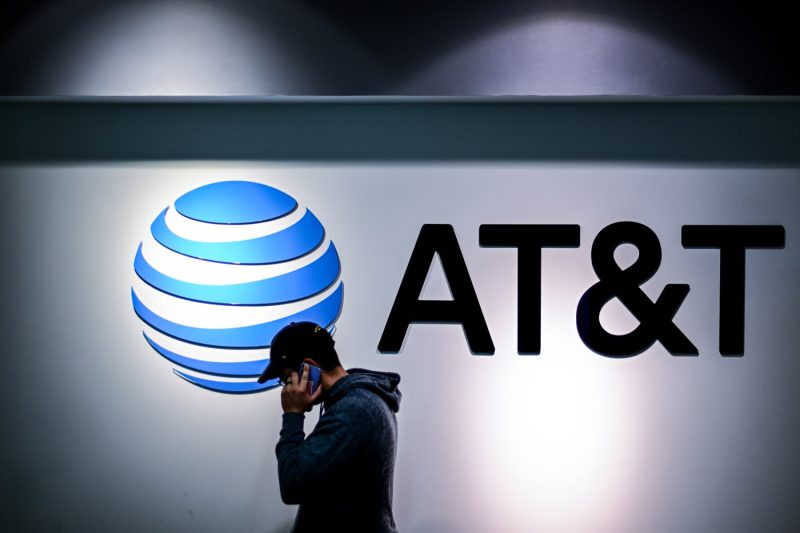In an unprecedented move, a recent court ruling has indicated that AT&T along with other telecom companies may face legal liability over stolen nude images of customers. This development comes amid increasing concerns about individuals’ privacy and how companies are safeguarding confidential information.
The lawsuit against AT&T, which emerged as a cause for concern, expands the frontier of telecom companies’ responsibilities towards protecting customer data. Some individuals who have had their explicit photos hacked and misused filed the case against AT&T. These were people whose intimate images were not only stolen but also disseminated without their consent, which can be considered a gross violation of their privacy.
Traditionally, telecom providers such as AT&T have generally been considered as mere conduits for data or merely data carriers. As such, their traditional roles did not extend to control of the content that passes through their systems. However, this new court ruling has challenged this status quo.
According to the court’s ruling, AT&T could be held liable because it failed to stop or, in the very least, limit instances of harassment towards its customers. Specifically, the plaintiffs in this case alleged that they had notified AT&T of this issue but the phone company did little to address the situation. This inactivity was interpreted by the court to be an act of negligence, hence the decision to hold them legally responsible.
The lawsuit also includes several other phone companies who were similarly accused of negligence. It appears that telecom corporations, like most service providers, require better measures to protect their subscriber’s digital content. This process may need to go beyond simply delivering messages and, instead, involve a more rigorous oversight that anticipates potential security threats and cyber-attacks.
This court ruling has potentially significant implications for telecom companies worldwide. If telecom companies can indeed be held liable for the content that passes through their system, this would require a significant shift in how these companies operate.
To comply with this ruling, telecom companies would need to step up their security measures. They would be required to develop better strategies for detecting potential cyber threats and also create a mechanism for responding quickly to any detected threats. Companies might need to implement algorithms that can detect specific kinds of illicit content, or perhaps establish robust privacy policies and technical measures that prevent such unfortunate incidents in the first place.
Despite the extra work and investment, this could, in the long-run, be beneficial for both telecoms and their customers. The transition may involve a complete restructuring of how data is managed, but it can eventually result in a safer digital environment, more trust from consumers, and more accountability from telecom companies.
Moreover, this ruling may extend to other digital service providers as well, such as social networking sites, email providers, and cloud storage services. These online platforms similarly manage large volumes of data daily and may be held to the same standard of preventing harassment or the misuse of data.
In conclusion, this lawsuit against AT&T and other phone companies marks a bold step in enforcing corporate responsibility and signals a massive change in the telecom industry’s security norms. It signifies the willingness of courts to hold corporations accountable for protecting individual privacy, thus making the digital world a safer place.




